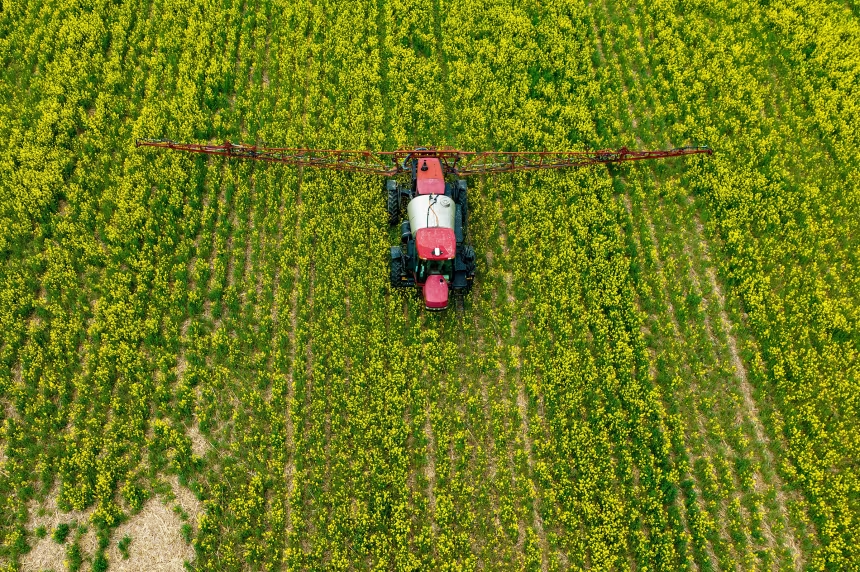It’s Never Too Late: Experts Say Healthy Eating Can Transform Lives at Any Age

For anyone banking on the tale of a cigar-smoking, wine-drinking centenarian as proof that nutrition doesn’t matter in old age — medical experts have some news: what you eat matters more than ever as you get older.
Contrary to the myth of nutritional invincibility in later life, health professionals stress that the body becomes more demanding, not less. With a natural decline in nutrient absorption and physiological resilience, seniors must prioritize quality over quantity when it comes to food.
“You need fewer calories, but more nutrients,” said Dr. Sean Ormond. “It’s like your body becomes higher maintenance — and every bite matters a bit more.”
The Nutrient-Dense Imperative
As metabolism slows and appetites wane, older adults require nutrient-dense foods to maintain energy, immunity, and functionality. Calcium, vitamin D, and B12 are especially important for bone health, cognitive function, and cellular repair — yet these are precisely the nutrients most commonly deficient in aging populations.
“Malnutrition will kill somebody faster than heart disease,” warned registered dietitian Lisa Hugh.
The Big Three: Fiber, Protein, and Hydration
Across the board, physicians highlight a “big three” gap in older adults: inadequate intake of fiber, hydration, and protein.
Dr. Supriya Rao, a gastroenterologist and internal medicine physician, said, “Most Americans — especially seniors — fall short of the recommended daily fiber intake.” A lack of fiber not only contributes to digestive discomfort but can elevate cholesterol and increase chronic disease risk.
Hydration is equally vital. “Older adults don’t feel thirsty as often,” explained Dr. Asim Cheema. “So it just slips their mind. But dehydration affects everything — energy, cognition, even cardiovascular health.”
Protein, meanwhile, is essential for preserving muscle mass, which naturally declines with age. Dr. Shawn George emphasized the risks: “Loss of muscle leads to weakness, falls, and mobility decline. Older adults actually need more protein than younger people.”
Food as Medicine
Every calorie should count — not just to avoid illness, but to preserve autonomy. “Focus on high-impact foods,” said Dr. Tamea Evans, citing examples like peanut butter, Greek yogurt, and legumes that deliver multiple nutritional benefits in small portions.
The conversation around aging and nutrition isn’t about weight loss, but about strength and independence. “Being in shape is actually better for longevity than being skinny,” said Rao. “Maintaining lean muscle mass matters more than the number on the scale.”
Dr. Elaine Healy agrees: “Healthy fat stores can actually be protective as we age. Particularly for naturally slender older women, a few extra pounds can help buffer against health setbacks.”
Start Now, No Matter Your Age
If you’ve never eaten healthfully, it’s not too late. Nurses and doctors alike shared stories of patients in their 70s and 80s seeing measurable improvements in energy, cognition, and lab markers after making modest dietary changes.
“It’s never too late to treat your body better,” said registered nurse Janet Phile. “I’ve seen dramatic results in seniors who simply added more greens and lean protein.”
Dr. Raj Dasgupta, a quadruple board-certified physician, summed it up best: “The body may not bounce back like it used to, but it’s still incredibly responsive to care — especially when you give it better fuel.”
Whether you’re 35 or 85, healthy eating remains one of the most powerful tools for maintaining strength, independence, and quality of life. “You don’t need a lifetime of perfect eating for it to be worth it,” said Ormond. “Start now, and you’ll feel the difference.”
By Staff Writer, Courtesy of Forbes | June 27, 2025 | Edited for WTFwire.com
Source: HuffPost
: 295







